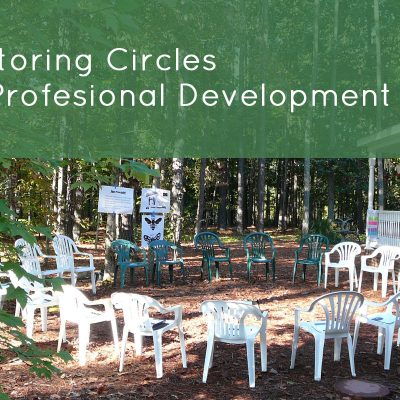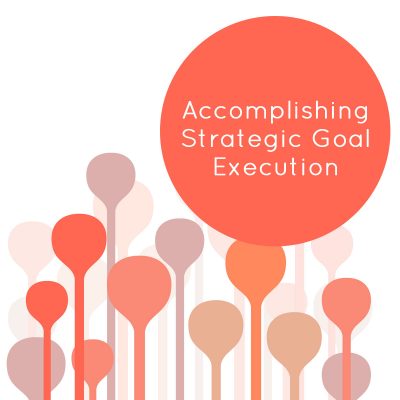
The people in an organization know a lot about what is going right and what is not. This information often doesn’t benefit the organization as it is shared at the water cooler, the parking lot or at home…but not in the organization itself. You might be thinking that you are accessing this information via interviews, surveys, or focus groups. Surprisingly, these formal approaches to accessing information have limitations including people’s feeling that they need to justify what they are saying. Limitations that get in the way of accessing the full potential of the organization when using these methods.
People may know more than they are even aware of. Storytelling, without having to justify the story, helps with access to what people are not even conscious of. It helps in the sharing of what is going right and what is not. Regular story sharing events ensure that the information is shared within a time frame that is valuable.
A leader who understands how to work from the stories that are told in the organization has an incredible advantage. Imagine this. Twice a year, people in an organization gather together in groups to share what has made them glad, sad and mad in the organization. They have the right to share the stories that matter to them. They don’t have to justify the stories or to provide facts. They simply get to share what has made them glad, sad and mad. Every person is entitled to the story from their own perspective. An event that caused one person to tell a story that made them mad, may be shared by another person as one that made them glad.
As people share the stories, with the understanding that stories are told from different perspectives, their capacity for suspending judgement, for speaking the truth from their perspective, and for listening to each other, increases This increased capacity has many benefits. As a result of these story sharing experiences, people relate to each other more. The growing relational engagement serves many beneficial purposes in the organization including its effect on personal leadership, teamwork, and co-operation. The engagement of people in the organization increases. Leaders who participate in the story sharing events have some benefit from listening to what is going on and adding their own stories too. It is only a fraction of the possible benefit though.
Now imagine that the story sharing process has a facilitator who also ensures a record of the key points from the stories that are shared. Getting into stories and distilling key points is valid and useful qualitative research. However, the amount of information gathered can feel overwhelming. There is so much information that it is much easier to put it aside than to take the time to go through it all. However, If the qualitative data from all of the story sharing is turned into quantitative data presented in summaries, graphs, charts, and organized in ways that allow for comparisons over time, the story sharing provides usable data. This story sharing becomes an incredible leadership advantage from which leaders draw a lot of benefit.
 Let’s look at a very simple way to turn qualitative data into quantitative data can be accomplished. for every statement made, it can be coded with a G (for glad), an M (for mad) or an S (for sad), with some statements having more than one code assigned to it based on how the story was conveyed.
Let’s look at a very simple way to turn qualitative data into quantitative data can be accomplished. for every statement made, it can be coded with a G (for glad), an M (for mad) or an S (for sad), with some statements having more than one code assigned to it based on how the story was conveyed.
A resulting pie chart graph could convey that the majority of the graph is assigned to S (for sad), very visible, very striking. Now, a leader can glance at the chart, note this, and go back into all of the key statements related to ‘sad’ to get a sense of what is transpiring. This provides a leadership advantage as an alert to pay attention, to take a better look at what is happening, to make a plan, and to take action.
The next story sharing, say six months later, is a good way to find out if the picture has shifted.
Learn to Engage People in Story Sharing
There are a number of simple ways to engage people in story sharing. Story sharing events that are suitable for all types of organizations, large and small, designed to give you a leadership advantage through tapping into the collective pulse of the people.
Working with Stories for the Benefit of the Organization is an online self-study workshop designed to learn more about story sharing and turning the qualitative data into qualitative easy to understand and use information.
Photo by David Kennedy on Unsplash










Leave a Reply
You must be logged in to post a comment.